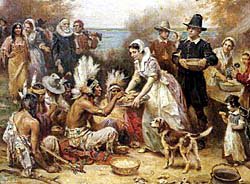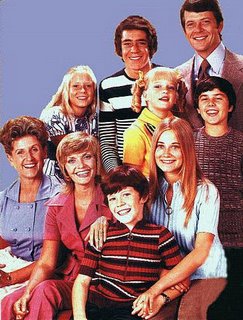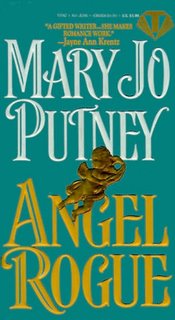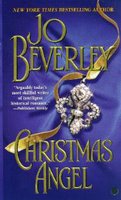Since I had a long break from writing due to the combination of holidays and the flu, I’ve gone back to line edit the completed parts of my balloonist story. Editing helps me to get back into the flow of the story; I’m looking forward to getting to new material next week.
Around the same time Megan posted Anachronism vs Anomaly, I was editing a section of the story with a lot of sex scenes. I mean lots. It took until almost the middle of the book for my characters’ attraction to overcome all the reasons they shouldn’t be together. But once they got going, I’m not sure I could have stopped them, even if I wanted to.
The discussion in Megan’s post was about all the activities right up to the actual deed, but it brought up a more general issue of what is believable in Regency-set romance. I’ve had these discussions before with other authors and with thoughtful readers. We’ve talked about what we know based on our research (but people didn’t generally write about sex) and what might have been (we’re writing fiction, after all). We’ve talked about keeping the awareness of the social consequences given the time period.
I have to say a lot of input I’ve specifically gotten from readers is more about their personal preferences. Some have complained about too much sex in my traditional Regencies. Although they complained about accuracy, I’m not sure that was really the issue, since most of the sex scenes were in the context of marriage. I think it was more a matter of comfort level. I’ve also had readers advise me to “sex it up” some more.
The problem is that once I’ve started a story, how soon, how often, how far the sex will go is driven by my characters, their experiences, and the story setup. A widow who thinks she’s infertile will act differently than an inexperienced heroine hoping to make a respectable marriage. The only way to really sex it up or down would be to write a new story.
I know some readers prefer to connect the dots between a fade out and smiles over breakfast the next morning. But I personally feel that it’s more powerful to show the sex as long as the scene is also revealing things about the characters and their relationship.
So I’m just forging on with the story, trying not to worry 1) that there’s not enough, 2) that there’s too much, 3) that it happens too late in the story, 4) that there’s too much in this one part, 5) that there’s not enough in the rest. (As you see I haven’t thought about it much.) I’m just hoping some readers will “get” my characters and enjoy the ride.






